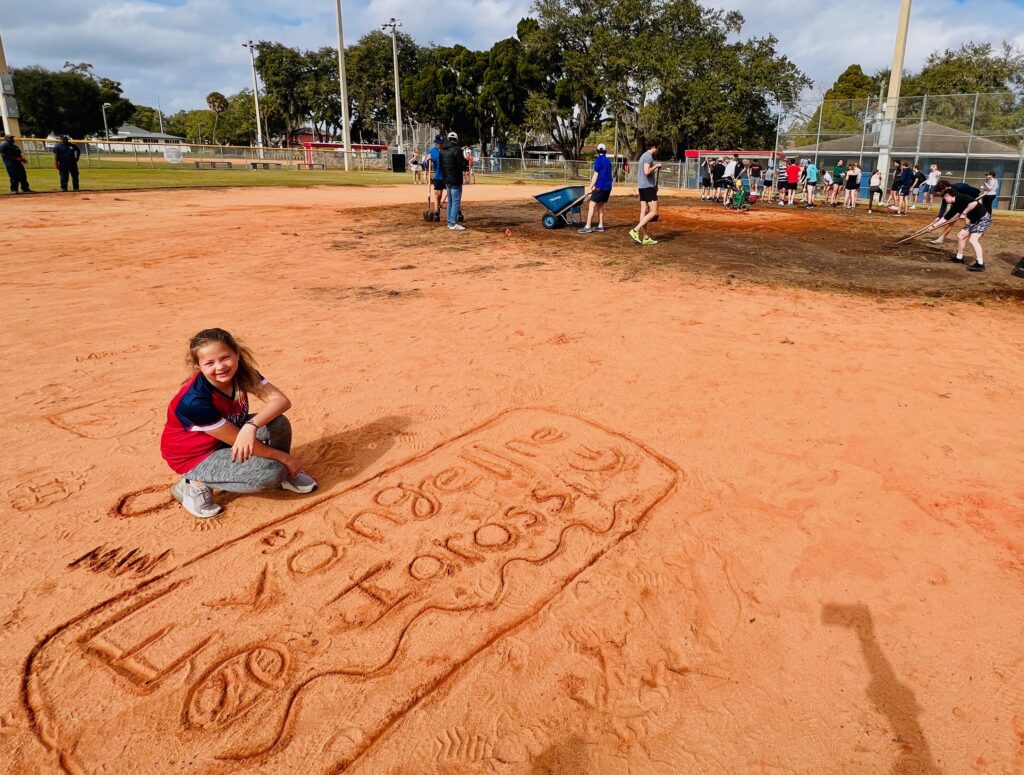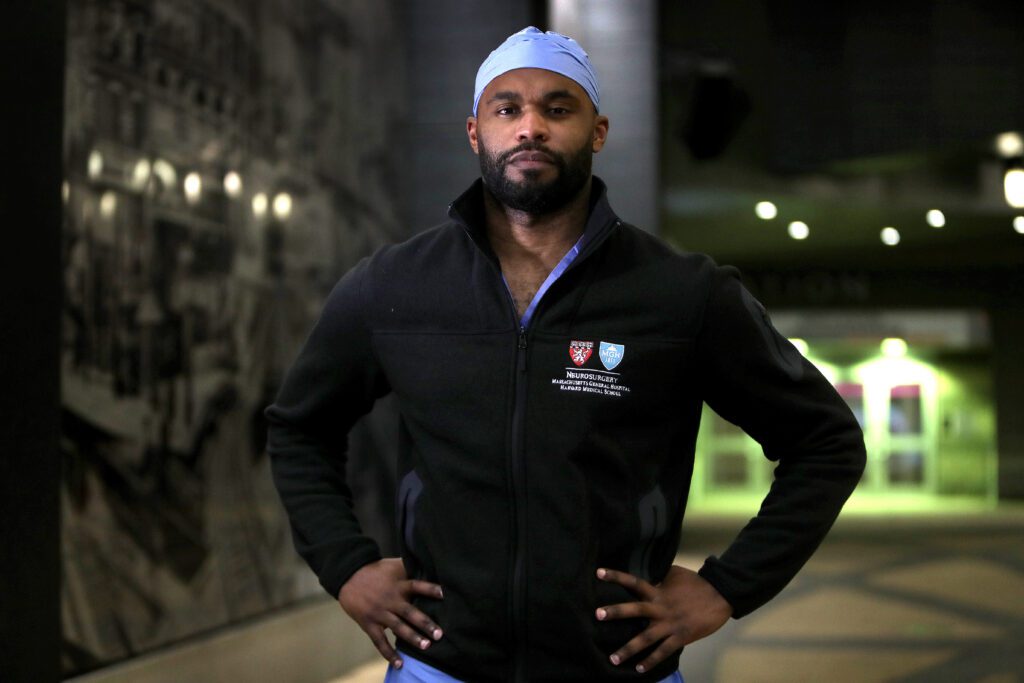In 2018, Black men accounted for only 2.6% of physicians in the United States, despite Black Americans comprising 12.8% of the population. What’s more shocking, however, is that the former figure showed no “statistically significant difference” from what it was in 1940, per a study out of UCLA — meaning no progress had been made in nearly 80 years.
That’s where Black Men in White Coats comes in. The organization was founded in 2013 by Dr. Dale Okorodudu, a pulmonary and critical care physician, following a report from the Association of American Medical Colleges that showed the number of Black men applying to medical schools was decreasing.
“Black men are extremely intelligent, extremely savvy, extremely innovative, and can be strong leaders when given the opportunity. This is a population with phenomenal potential that is being underutilized,” said Okorududu, adding: “We as Black male physicians must represent our fields with integrity and pride in order to establish a strong legacy for our sons. When they thrive, we all thrive.”
On a mission to inspire and empower Black youths through mentorship and exposure, Black Men in White Coats started with a short docuseries highlighting Black doctors working at different hospitals and medical centers across the U.S. In the videos, the physicians explain what they do and why they’re passionate about it, allowing young people a front row seat to the positive impact those professionals are making in the world.
“There are any given number of fantastic and amazing role models that suggest a young African American male can be a basketball player or a football player,” says Duke University neurobiologist Dr. Kafui Dzirasa in one episode of the series, explaining that the same can’t be said of Black men in the medical field. He continues: “I think having a picture of what your life can look like is a powerful motivating factor.”
Today, the organization has expanded to include a podcast and locally organized youth summits around the country, which invite young people to get involved and interact with mentors and role models.
“It’s cool to see African American doctors, because you don’t usually see that when you walk into a hospital,” middle schooler Zim Jackson, a straight-A student, told CBS News during a summit held last April at Merritt College in Oakland, California.
“Even if they don’t choose to become doctors, we are here to help them to become successful in life, period,” Okorodudu added.
The mission to get more Black men into white coats is also driven by the fact that Black men have the second lowest life expectancy in the country. And studies suggest that increased racial diversity in the medical field can lead to more positive outcomes for those being treated, particularly patients of color.
“What we’ve learned over the years is that the earlier people get introduced to health care careers, the more likely it is that they will enter health care careers,” Dr. Peter Igarashi, dean of the Renaissance School of Medicine at Stony Brook University, said at a 2023 youth summit. “The most important goal today is to promote a diverse health care workforce, and the reason for that is that very diverse health care teams outperform teams that are not as diverse.”
Black Men in White Coats has also produced a feature-length documentary film. Click here to watch the film and learn how to screen it in an educational or institutional setting.











